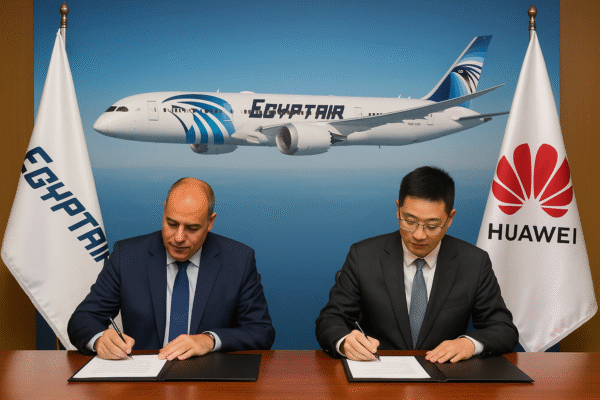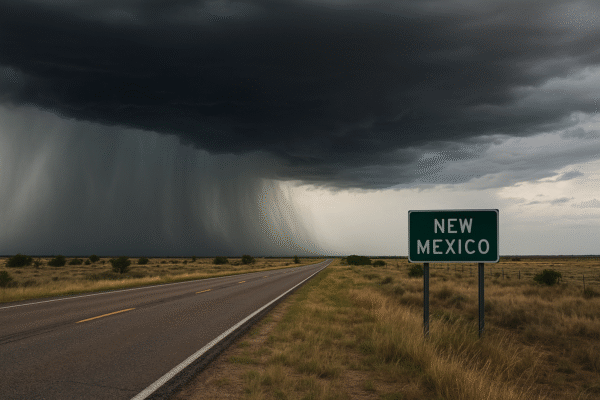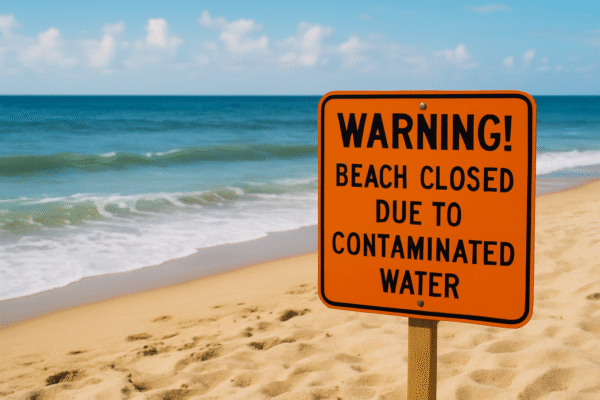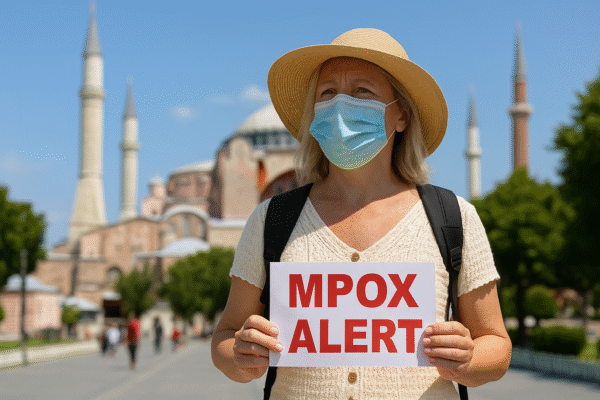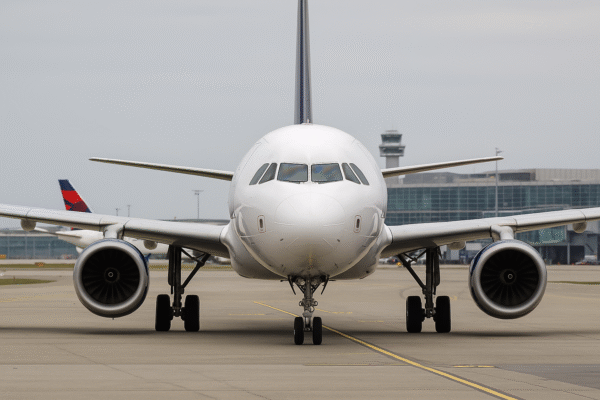Tourists and travelers planning to journey through France in mid-September should prepare for significant delays and cancellations. The country’s largest air traffic control union, SNCTA, has declared a nationwide strike from the start of the morning shift on 18 September to the end of the night shift on 19 September 2025. With its strategic location at the heart of European airspace, France is expected to become a critical flashpoint of disruption that will ripple across the continent.
What’s at Stake
- Widespread Flight Chaos: The strike involves air traffic control staff across all major French airports, including hubs such as Charles-de-Gaulle, Orly, Nice, Lyon, Marseille, Toulouse, and regional airports as well. Expect severe delays, cancellations, and operational chaos both for inbound and outbound flights as well as those overflying French airspace.
- Greater Impact than July Walkout: Earlier in July, smaller unions staged a two-day strike that led to widespread cancellation and delays across Europe. This time, the SNCTA—representing around 60% of France’s controllers—is spearheading the action, suggesting potentially more disruptive outcomes even if other unions stay out.
- Underlying Grievances: The SNCTA’s demands include wage enhancements aligned with inflation and profound reforms in management practices at the aviation authority. They cite years of mistrust, punitive oversight, and inefficient governance as catalysts for this escalation.
Why This Matters to Travelers
France occupies a central air route in Europe. Flights between the UK, Spain, Italy, Germany, and even transatlantic passages are likely to be rerouted, delayed, or cancelled. Travelers heading to or through France should remain vigilant and take proactive steps:
- Stay in Touch with Airlines: Carriers are expected to issue updates and may adjust flight schedules as the strike approaches.
- Plan for Disruptions: Whether flying domestically or internationally, anticipate delays and cancellations. Think about backup options.
- Monitor Official Alerts: The national aviation authority will release specific disruption details approximately 48 hours beforehand.
- Allow Extra Time: Arrive early at airports, especially if your itinerary remains operational despite the strike.
Wider Implications Across Europe
This upcoming walkout underscores a pattern of labor unrest in European aviation. Prior strikes have demonstrated how even localized industrial actions can affect millions of passengers—delaying flights, stretching airport resources, and triggering cascading scheduling disruptions.
With France’s central air routes under pressure, the tourism sector may face cancellations, frustrated visitors, and logistical headaches. Ground operations, hospitality, and transport providers must be prepared for last-minute fluctuations in traveler numbers.
Planning Tips for Travelers
- Verify Flight Status Frequently: Use airline apps or airport portals to get the latest updates.
- Be Flexible: Consider alternative routes, buffer days, or alternate airports if your schedule is tight.
- Ask Airlines About Support: In case of cancellations, airlines may offer re-routing or refunds depending on their policies.
- Watch for Regional and Union Updates: Any solidarity actions or broader strike movements could amplify disruptions.
Looking Ahead
Should other unions like UNSA-ICNA or USAC-CGT join the strike, the disruption could escalate dramatically. This situation highlights ongoing tensions between air traffic staff and France’s aviation regulator, marking an urgent need for systemic dialogue and reform.
Ultimately, this strike serves as a timely reminder for travelers: in periods of labor unrest, staying well-informed and flexible is your best defense against upheaval.
For more travel news like this, keep reading Global Travel Wire

